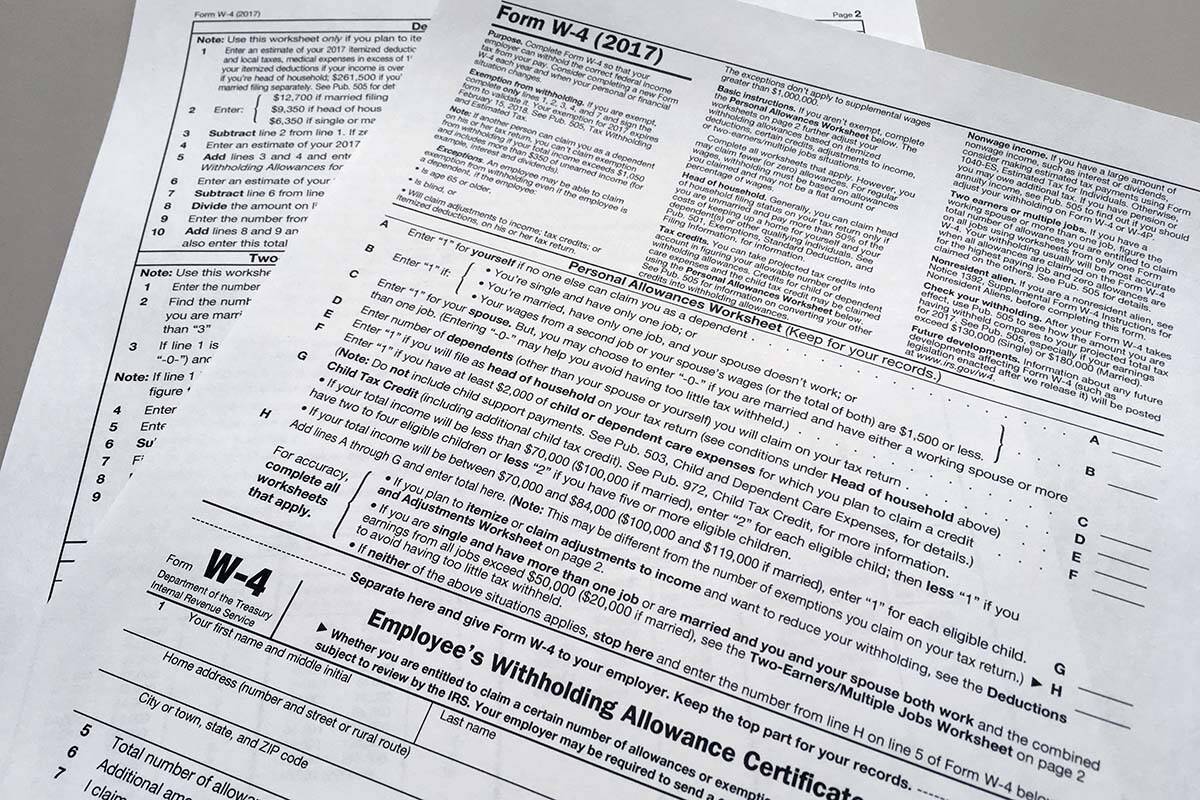COMMENTARY: IRS’s Direct File folly is a costly distraction from needed reforms
The IRS recently unveiled plans to make its Direct File program permanent and expand it to more taxpayers and states. While pitched as a “free” service, this initiative carries significant costs to taxpayers, sidesteps congressional authorization and has been developed with minimal transparency. Most alarmingly, this program diverts crucial resources from urgent IRS modernization projects.
The IRS allocated $114 million for Direct File, pulling funds from business systems modernization, taxpayer services and operations support. Yet, this figure understates the actual costs. The IRS hasn’t detailed the total personnel hours or the scope of external support from entities like the General Services Administration’s Office of 18F and the U.S. Digital Services (USDS), both lacking budgetary transparency. For instance, USDS operates with an opaque budget, frustrating many lawmakers and government IT leaders.
Perhaps most egregious is the IRS’ lack of transparency regarding the development of Direct File. The Inflation Reduction Act earmarked $15 million for the IRS to study the feasibility and costs of creating such a program. The IRS went beyond that mandate and developed it in the shadows. As John Kartch of Americans for Tax Reform has documented, IRS Commissioner Daniel Werfel’s statements about the agency’s intentions for Direct File throughout much of 2023 were less than forthcoming. This secretive approach to a project lacking a congressional mandate erodes public trust.
Its development also funneled financial and staff resources from critical IRS transformational needs. Earlier this year, the Government Accountability Office warned that the IRS’s tech-modernization efforts were at risk of cost overruns, delays and failure unless IRA funding was allocated to IT modernization. Instead, the IRS’ secretive pursuit of Direct File detracts from essential reforms, leaving core IT programs and processes lagging.
One neglected priority is upgrading the 60-year-old Individual Master File and Business Master File systems. These antiquated databases underpin the IRS’ tax system, and their long-overdue overhaul is essential for consolidating the IRS’s 60-case management systems.
Another neglected priority while the IRS was developing Direct File was complying with a statutory requirement under the Payment Integrity Act to reduce improper payment rates to 10 percent. The IRS’ 2023 improper payment rates for various refundable tax credits were alarmingly high: 14 percent for the Additional Child Tax Credit, 32 percent for the American Opportunity Tax Credit, 33 percent for the Earned Income Tax Credit, and 26 percent for the Net Premium Tax Credit. This mismanagement cost taxpayers $25 billion in 2023.
The backlog of amended returns is another glaring issue. As of November 2023, more than 2.6 million source documents needed processing — a 241 percent increase since May 2020. These delays leave taxpayers in limbo, waiting for crucial refunds and information.
The IRS’ neglect of security enhancements is equally troubling.
Despite a 2019 recommendation from the GAO to bolster oversight and protection of taxpayer data, progress remains sluggish. This delay in addressing cyberthreats and internal risks puts sensitive taxpayer information in jeopardy.
Meanwhile, victims of identity theft face an agonizing wait of nearly two years for case resolution and refunds — a far cry from the IRS’ 120-day target. This inefficiency has worsened from last year’s 556-day average.
The IRS’ customer service also suffers as resources are diverted to Direct File. Large areas of the tax code are “out of scope” for telephone assistance, meaning IRS agents can’t address these queries. Enhanced training and resources would improve service and, consequently, tax compliance.
The Direct File initiative, while technically feasible, has been a costly distraction. The IRS’ lack of transparency, misallocating resources and diversion from critical projects demonstrate a troubling misprioritization. Modernizing its systems and improving taxpayer services should be the IRS’s focus, not chasing new, costly ventures that undermine its primary mission.
Demian Brady is the vice president of research for the National Taxpayers Union Foundation. He wrote this for InsideSources.com.

















